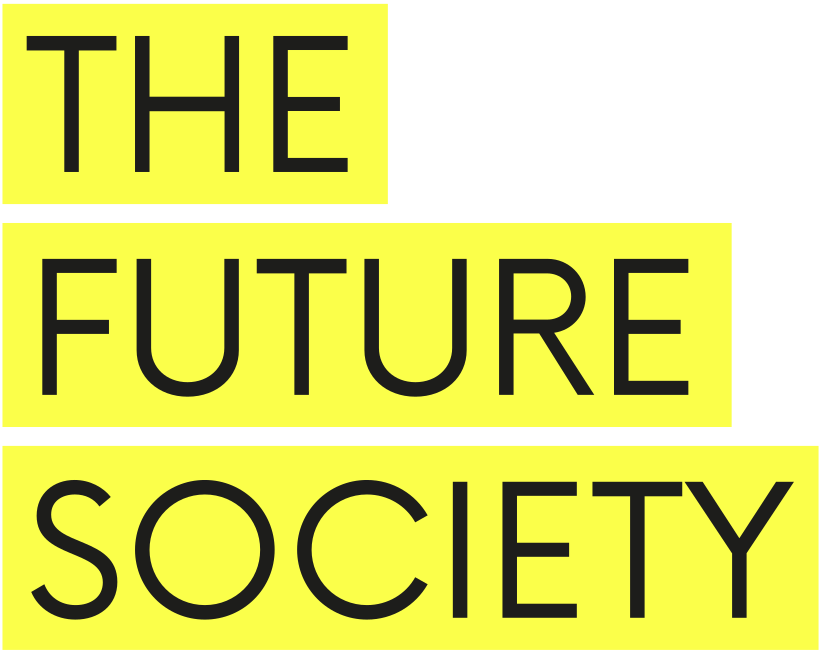Main Insight
On November 12th, 2021, an update on our work on the 'AI-Powered Immediate Response to Pandemics' project was presented at the GPAI Paris Summit 2021.
Progress with GPAI AI & Pandemic Response Subgroup at Paris Summit 2021
November 12, 2021
Since July of this year, The Future Society has been working with the AI & Pandemic Response Subgroup of the Global Partnership on AI (GPAI) to develop a ‘Living Repository’ of AI initiatives with the potential to combat COVID-19 and other future pandemics. This research builds upon last year’s collaboration that culminated in a report: Responsible AI in Pandemic Response. Our progress in this project, described below, was presented on November 12th, 2021 at the GPAI Paris Summit 2021.
This research project began as a collaboration between The Future Society, the OECD AI Policy Observatory, and GPAI, by applying the OECD Framework for the Classification of AI Systems to classify AI initiatives based on their technical characteristics. AI systems developers, who had created or repurposed an AI system to aid in COVID-19 response, were invited to complete a survey shared in a public announcement. A total of 66 initiatives were identified between desktop research and survey responses.

We then worked with Immediate Response Committee to build upon the OECD Framework to develop a more impact-focused set of criteria, including:
- Background of the initiative (name, sources, objective/purpose)
- Origin (including organization(s), locality)
- Categorization (type of approach / AI method)
- Scope (domain, target users/operators and beneficiaries, geographic coverage)
- Data (description of the dataset in use including demographics, target population, size, collection timeframe, any public access links)
The 66 AI systems have been classified using this framework to create the Living Repository. This is being shared in an open ‘work-in-progress’ format in reflection of the immediate needs of the pandemic for those that may find it useful as a resource.
Using these classifications, the Immediate Response Committee has conducted assessments of initiatives’ intrinsic scalability and their potential to mitigate the current and future pandemics, to narrow the 66 identified initiatives into a shortlist of 26, of which 11 have initially been selected as candidates for potential partnerships with the AI & Pandemic Response Subgroup and GPAI more widely.
We are pleased to share another document, Update on Living Repository: Summaries of Top Initiatives, which contains summaries of the initial selected 11 initiatives. They include AI systems that have been trained to:
- predict the distances and angles between pairs of proteins’ amino acid residues;
- determine the effectiveness of non-pharmaceutical interventions (NPIs) on COVID-19
- identify individuals who are at the greatest risk of heightened vulnerability to COVID-19, based on individuals’ pre-existing medical conditions;
- provide users with personalized daily COVID-19 “risk scores” associated with regular activities;
- organize both structured and unstructured COVID-19 data into a knowledge graph that can be navigated and queried to retrieve information;
- provide a country-level risk modeling framework intended to assist the government and individuals in making informed decisions;
- quickly and accurately detect the presence of COVID-19 in thoracic CT scans;
- model the spread of COVID-19 based on the prevalence of mask-wearing in a population;
- identify, track, and analyze events associated with COVID-19 via mentions on online news articles and social media posts;
- aggregate and clean various sources of US pandemic-related raw data to produce COVID-19 “indicators” for “nowcasting” (situational awareness) and short-term forecasting;
- allow users to view current occupancy rates of hospitals across the US and recommendations for intra-state patient transfers based on current occupancy rates.
In early 2022, we will be bookending this project by updating the Living Repository and sharing an additional 15 summaries. We intend that the analysis will then be used to help inform the Immediate Response Committee’s partnerships approach in 2022, but should also provide a useful tool and model for the critical evaluation of AI initiatives within the ongoing and in future pandemics.


